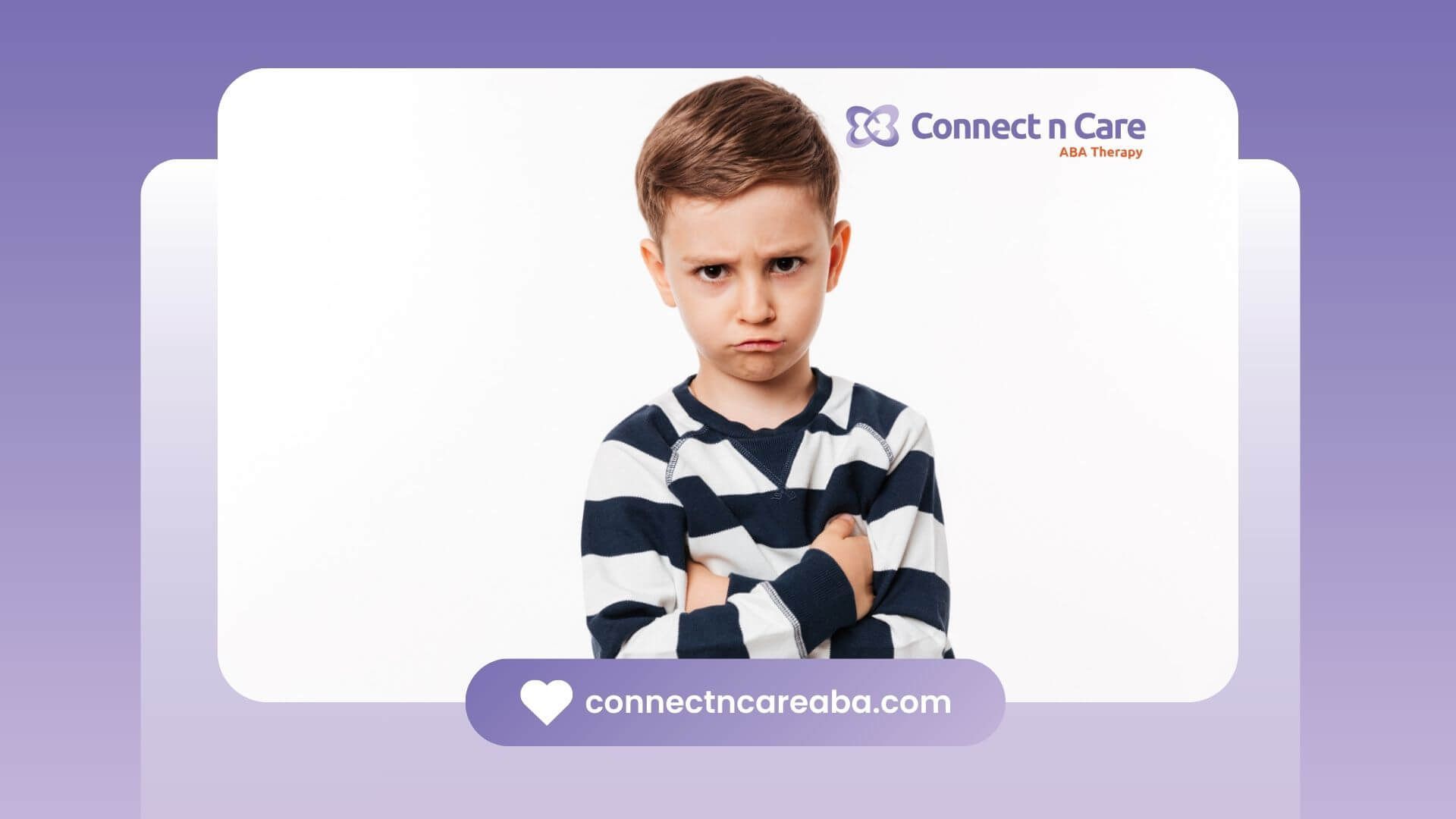In February 2025, rapper and fashion designer Kanye West (now known as Ye) made headlines when he revealed a new autism diagnosis during an episode of Justin Laboy’s podcast, The Download. This announcement came nearly a decade after he was publicly diagnosed with bipolar disorder in 2016.
Kanye West’s Autism Announcement: Breaking Down the Facts
On February 6, 2025, Ye shared that his wife, Bianca Censori, encouraged him to seek a second opinion about his mental health after years of living with a bipolar disorder diagnosis.
Ye explained that his new medical team concluded his behaviors aligned more closely with autism spectrum disorder (ASD) than bipolar disorder.
Key points from his interview include:
- Misdiagnosis History: Ye stated he was diagnosed with bipolar disorder in 2016 following a psychiatric hospitalization. He claimed this diagnosis never fully explained his behaviors, such as his fixation on controversial statements (e.g., wearing a MAGA hat in 2018) or defiance of public expectations.
- Autism Traits: Ye described how autism might explain his “Rain Man-like” focus on specific ideas (referencing the 1988 film) and his resistance to external control. He noted, “Autism leads you to fixate on things people tell you not to do.”
- Medication Changes: Ye said he stopped taking bipolar medication, which he felt suppressed his creativity after his autism diagnosis.
While Ye has not shared formal medical documentation, his disclosure has sparked broader conversations about autism in adults and the complexities of mental health diagnoses.
Autism vs. Bipolar Disorder: Key Differences
Ye’s case highlights the challenges of distinguishing between neurodevelopmental conditions like autism and mental health disorders like bipolar. Here’s a breakdown:
| Aspect | Autism Spectrum Disorder (ASD) | Bipolar Disorder |
|---|---|---|
| Core Traits | Social communication differences, repetitive behaviors, sensory sensitivities. | Mood swings (mania/depression), energy fluctuations. |
| Onset | Typically apparent in early childhood. | Often diagnosed in late teens/adulthood. |
| Treatment | ABA therapy, speech therapy, sensory integration. | Mood stabilizers, psychotherapy. |
Ye’s experience underscores the importance of thorough evaluations by specialists. As Dr. Stephen Shore, an autism advocate and professor, notes: “Autism is a lifelong neurotype, not a mental illness. Accurate diagnosis is critical for effective support.”
Autism in Adults: Why Diagnosis Matters
Autism is often diagnosed in childhood, but many adults—like Ye—receive diagnoses later in life. The CDC estimates 1 in 45 adults in the U.S. are on the autism spectrum. Late diagnoses can occur due to:
- Autistic Masking: Suppressing autistic traits to fit social norms.
- Misdiagnosis: Overlap with conditions like ADHD, anxiety, or bipolar disorder.
- Lack of Awareness: Limited access to specialists familiar with adult ASD.
For Ye, his diagnosis provided a new lens to understand his past behaviors, including his public controversies and creative process.
How ABA Therapy Supports Autistic Adults
Applied Behavior Analysis (ABA) therapy isn’t just for children. At Connect n Care ABA, we tailor ABA strategies to help adults:
- Develop Coping Skills: Manage sensory overload or social challenges.
- Improve Communication: Navigate relationships and workplace dynamics.
- Build Independence: Foster routines for daily tasks and self-care.
While Ye hasn’t publicly discussed ABA, his focus on “fixations” aligns with ABA’s goal of channeling intense interests into productive outlets.
The Role of Family in Autism Support
Ye credited his wife, Bianca Censori, for urging him to seek reevaluation. Family involvement is often pivotal in autism journeys. At Connect n Care ABA, we empower families through the following:
- Parent Training: Tools to support loved ones without judgment.
- Respite Care: Temporary relief for caregivers.
- Collaborative Plans: Strategies that align with family dynamics.
Conclusion: Your Journey Starts Here
Kanye West’s story reminds us that understanding neurodiversity is a lifelong process. Whether you’re an adult seeking answers or a parent supporting a child, Connect n Care ABA is here to help. Our North Carolina-based team offers:
- Adult ABA Programs: Tailored to individual goals.
- Diagnostic Support: Partnerships with trusted specialists.
- Family Counseling: Strengthening relationships through empathy.
Take the first step today: Call Connect n Care ABA now to schedule a consultation. Let’s work together to unlock potential—no matter your age or story
Frequently Asked Questions
Is Kanye West officially diagnosed with autism?
Ye stated he received an autism diagnosis from a medical team in 2025, though he hasn’t shared formal documentation. Always consult licensed professionals for diagnoses.
Can autism be confused with bipolar disorder?
Yes. Both can involve mood dysregulation, but autism is a neurodevelopmental condition, while bipolar is a mood disorder. Differential diagnosis requires specialized evaluation.
Does ABA therapy work for adults?
Absolutely. ABA helps adults build life skills, manage stressors, and improve independence.
How common is late autism diagnosis?
Approximately 20% of autistic adults are diagnosed after age 18, per the CDC.
What should I do if I suspect autism in myself or a loved one?
Contact a specialist for evaluation. Early intervention—at any age—can improve quality of life.









